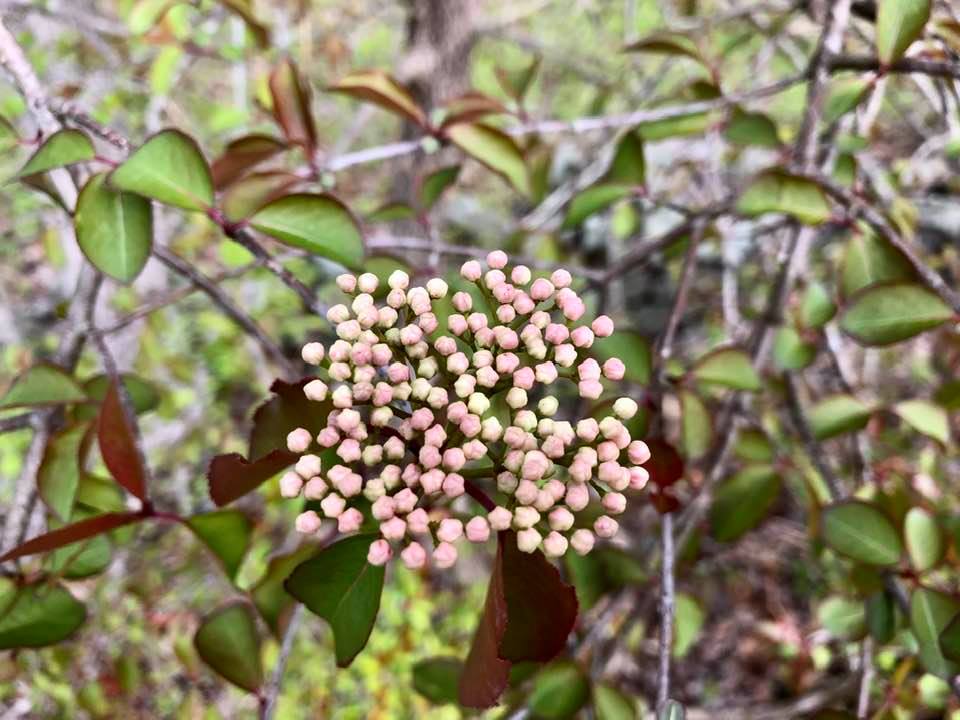
Photo by my friend Frederique Vincent
“Our nervous system comes prewired to pay attention to negativity. And it’s jacked up by trauma.” So says Dr. Joan Borysenko, leading mind-body expert.
Is it any wonder that so many of us are feeling anxious, on edge, or in just plain old dark moods during these traumatic times we’re living through?
One way to unburden ourselves from the negative perceptions weighing down on us is to savor the good. The good. It doesn’t have to be over-the-top amazing. It need not be the most spectacular or fantastic. It just needs to be good.
This idea comes from Brother David Steindl-Rast, Benedictine monk for over 60 years (he’s 93) and founder of Gratefulness.org. Brother David reminds us that “many little good things happen throughout the day.” We take them in but then quickly move on to something else.
For instance, our brains may register the trilling of birds waiting for the feeder to be hung, and we think How sweet. Or we look up to see treetops, newly in bloom, swaying in the wind and register That’s so peaceful. Our phone dings with a message from an old friend and we’re filled with momentary pleasure in recalling that lifelong friendship. Or it might be that emotion of awe when we watch a video about butterflies. The reality is that you get to define your own definition of good.
Brother David suggests staying with each good event for at least 30 seconds. Pay attention to them. Let them soak in. Give them time to embed in your consciousness. Then at bedtime, bring up that day’s good moments and take a minute or so to recall them, to “savor the good.”
When we make this a daily practice, we find that with deliberation, we actually start looking for the good. We’ve set up our subconscious to be alert, to be on the lookout for, good that we can recall that night and be grateful.
Many people are inclined to snap a photo of the good as a means of improving our memory of it. As it turns out, that’s not such a great idea.
Psychology professor Linda Henkel says, “When you take a photo of something, you’re counting on the camera to remember for you. You’re basically saying, ‘Okay, I don’t need to think about this any further. The camera’s captured the experience.’ You don’t engage in any of the elaborative or emotional kinds of processing that really would help you remember those experiences, because you’ve outsourced it to your camera.”
It is as if you’re telling your brain, “Hey, take five; you’re off duty.” Henkel termed this phenomenon the “photo-taking-impairment effect.”
There may be seasons of our lives when the good moments might be few. There are times when we may even need to really search for the good. And for those who are alone right now, this may be that season for you. I pray that you find at least one good moment each day.
~~~~~~~
“Photo-taking-impairment-effect” article
A Grateful Day with Brother David Steindl-Rast This five-minute video may change your life.
Video of monarch butterfly swarm from Nature on PBS




I like the concept of holding on to the precious moments and reviewing in ones mind at the end of the day. Today I was looking at two flowery bushes that were given to me a couple of years ago. At the time they were just sticks with roots. Today they were leafy eith flower buds and I was so excited. I’m in bed now and enjoying tidays moment of feeling greatful. Thank you.
There are two other benefits of savoring the now: first, those down-hill thoughts you are referring to are for the most part unfounded. We are just “borrowing trouble” as the idiom says. Additionally, I just read something that makes a lot of sense: by eliminating that negative clutter, we are making room for more creative thinking. And that is a very stimulating argument to me!
Norms, thank you so much for your blog. This one especially spoke to me as I am not getting out during this stressful time. I will certainly think of the good things each day A little longer.
Oh Marie, I miss seeing you!! Your beautiful smile and positive attitude stay embedded in my memory!